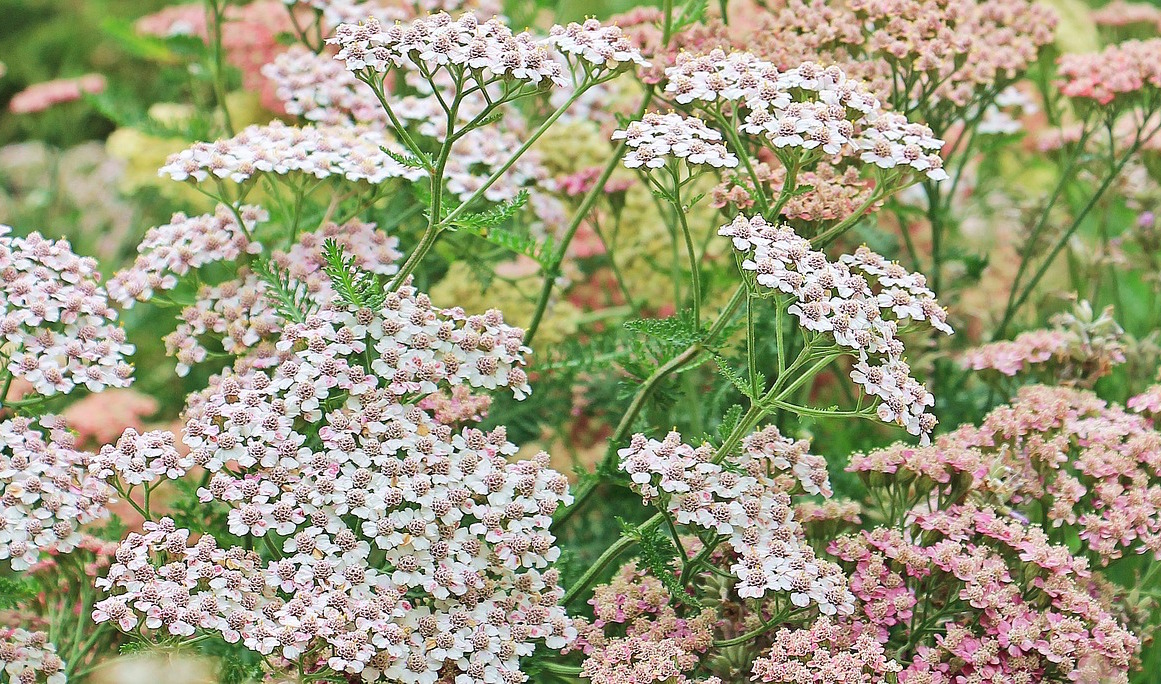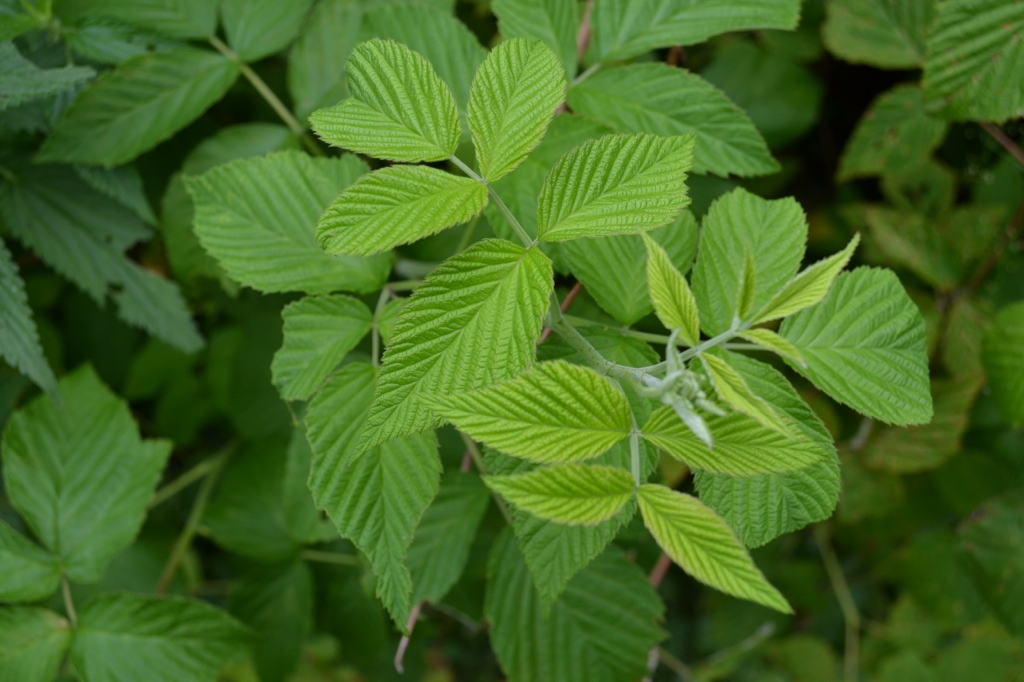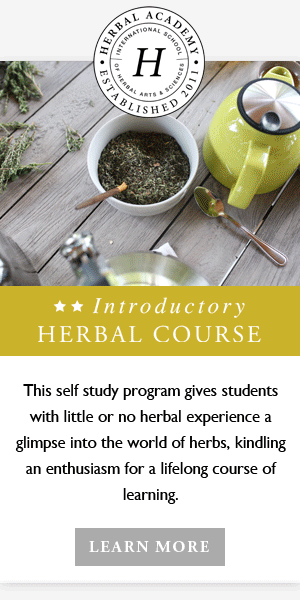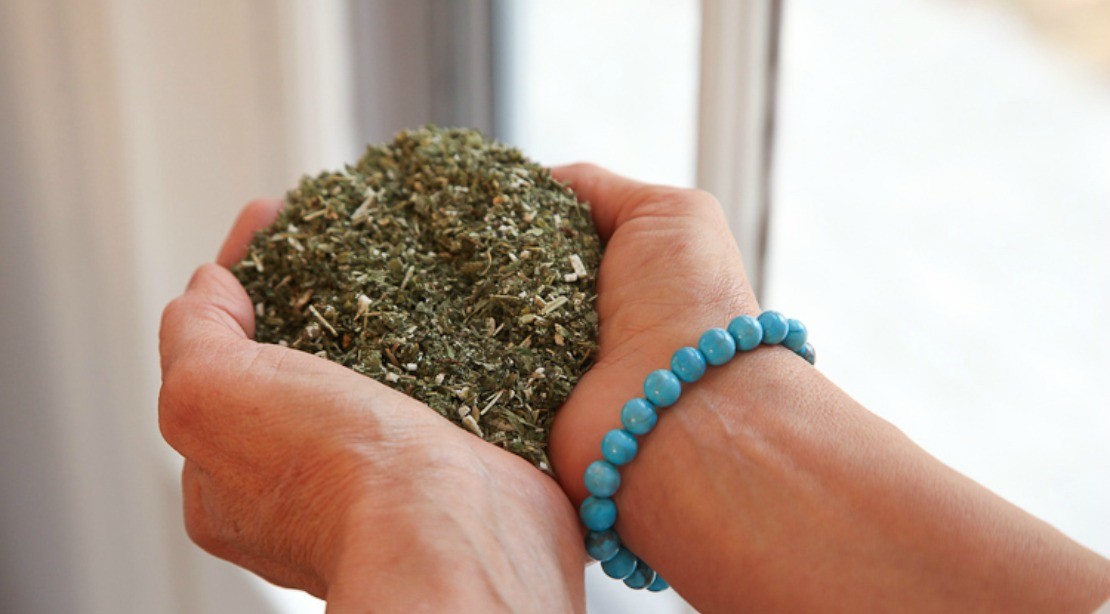
Herbalism and Acute Pain
The topic of herbs and acute pain is an important one for many herbalists- family herbalists and advanced herbalists alike! After all, everyone gets aches and pains or bumps and bruises occasionally.
Generally, it’s much simpler to unravel the threads that lead to acute pain than it is to address chronic pain. Acute pains will usually disappear on their own, but we still find ourselves seeking a way to lessen the duration of discomfort and support the body’s healing process.
There are several simple ways to use herbs to support the body when it’s dealing with acute aches and pains, so read on to look at a few common types of pain and herbs that may be helpful.
Using Herbs To Help With Acute Pain
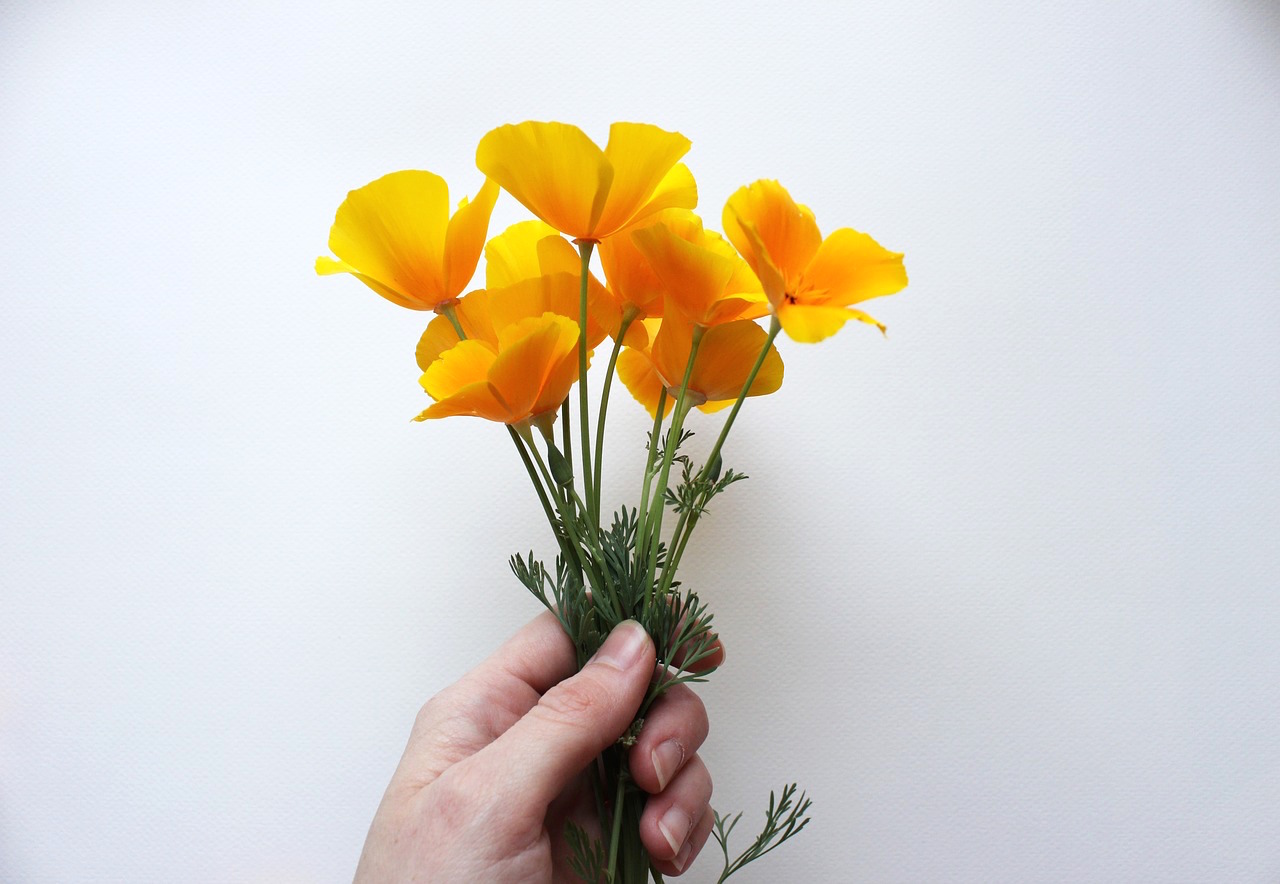
Headaches
There are quite a few different things that can be triggers for a headache. Changes in temperature, allergies, stress, dehydration, etc.
It seems like almost everyone gets a headache now and again, but chronic headaches should be approached differently than acute headaches. If you have regularly occurring headaches or severe headaches, most they should be addressed with the help of your doctor.
For simple headaches without a serious underlying cause, teas and extracts are convenient preparations to consider.
Herbs for headache support can include:
- Nervines: these herbs support our nervous system. Some nervines, like linden, chamomile, skullcap, or motherwort are calming and soothing to a nervous system burdened by stress.
- Anodynes: herbs that help ease discomfort like California poppy, white willow, and valerian may be helpful.
- Herbal Decongestants: if your headache is part and parcel to pollen allergies, herbs like eyebright, licorice, goldenrod, or nettles can help support your body during allergy season.
Read more about addressing headaches with an herbal approach in our article, Herbal Remedies for Headaches.
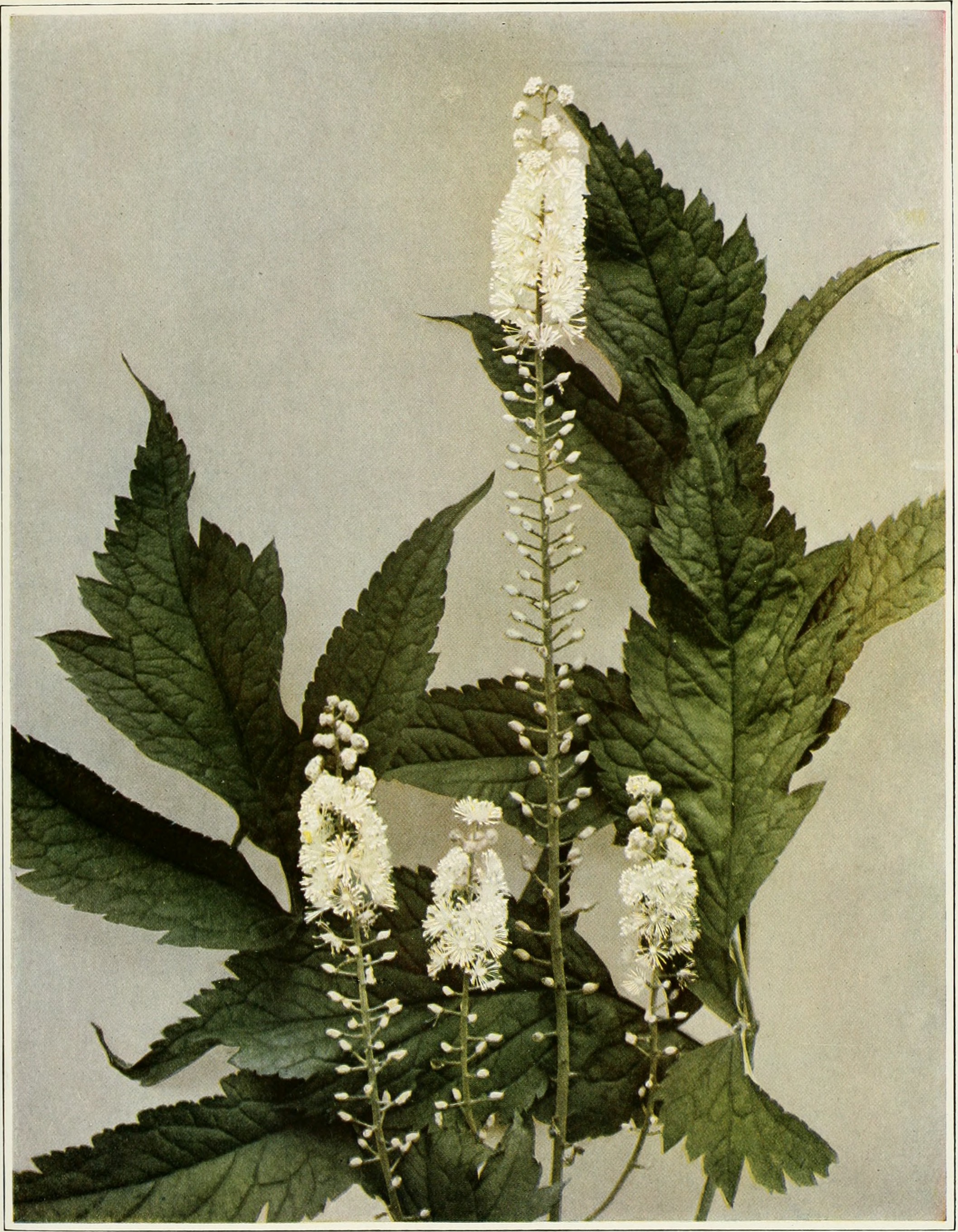
Sore or Tight Muscles
Maybe you started a new workout routine, or perhaps you over-did it helping a friend with moving day. Now you are uncomfortable and sore!
Besides herbal extracts and teas, herbal baths can be a wonderfully soothing approach for regaining balance after over-exertion. A strong herbal tea can be poured right into your bathwater so you can soak away some of your distress.
A topical liniment can be a good choice, too, and topical balms may also be beneficial. One of our favorite recipes is this Warming Ginger Cayenne Salve (just beware that the turmeric in it may stain very fair skin!).
Besides herbs with a reputation as anodynes, there are a few other categories that can help with sore muscles.
- Rubefacients: These herbs increase circulation to an area of the body when applied topically, so they are often used in topical balms and liniments. Cayenne and peppermint are two examples. Cayenne feels heating on the skin, while peppermint feels cooling. Rubefacients can be added to salves and liniments.
- Antispasmodic herbs: these herbs help soothe tight muscles. Black cohosh and valerian are herbs from this category.
Minor Injuries
Liniments, balms, and herbal baths paired with herbal teas that support a healthy inflammatory response are some of the best allies for a body stressed with a minor injury.
In addition to these options, herbs with relaxing, antispasmodic actions and/or action may be helpful. Valerian is one herb that fits in both categories.
- Antioxidant/ anti-inflammatory herbs: devil’s claw and turmeric are two herbs that help the body with balancing the inflammatory response.
- Topical anti-inflammatory herbs: calendula, plantain, marshmallow, and chickweed can safely be used on injuries that involve the skin.
- Antimicrobial/Antiseptic herbs: herbs with antiseptic properties can help keep an injury clean. Infection can lead to pain and swelling, so although these herbs aren’t directly involved with inflammation or pain they can still be helpful. Sage, yarrow, thyme, and berberine-containing plants like barberry and goldenseal can be useful.
Menstrual Cramps
A woman’s monthly cycles can be easy or they can throw her off kilter. If your cycle is regularly difficult, it may be a sign that something is amiss, so be sure to discuss your situation with your doctor and an experienced herbalist. If you find that you just need a little herbal support now and again, herbal antispasmodics, uterine tonics, and anodynes may be helpful.
- Antispasmodics: Cramp bark a popular choice during painful menstrual cycles, but other herbs with a history of antispasmodic use may be beneficial, too.
- Uterine tonics: Uterine tonics like red raspberry and vitex may help strengthen and tone the uterus to help tame your cycle, too.
You may also find our article, How To Make A Happy Uterus With Ladies Mantle Tea, useful as well.
Herbalism and Acute Pain
As you can see, herbalism offers a unique toolbox for working with acute discomforts by approaching them from many different angles. If you enjoyed this article, you may also enjoy Herbal Comfort for Aches and Pains and An Herbal Perspective On Managing Pain Using Herbs.
Learning to work with your body by supporting the healing process rather than simply blocking the signals that something is awry can be a rewarding and practical herbal skill to develop.

